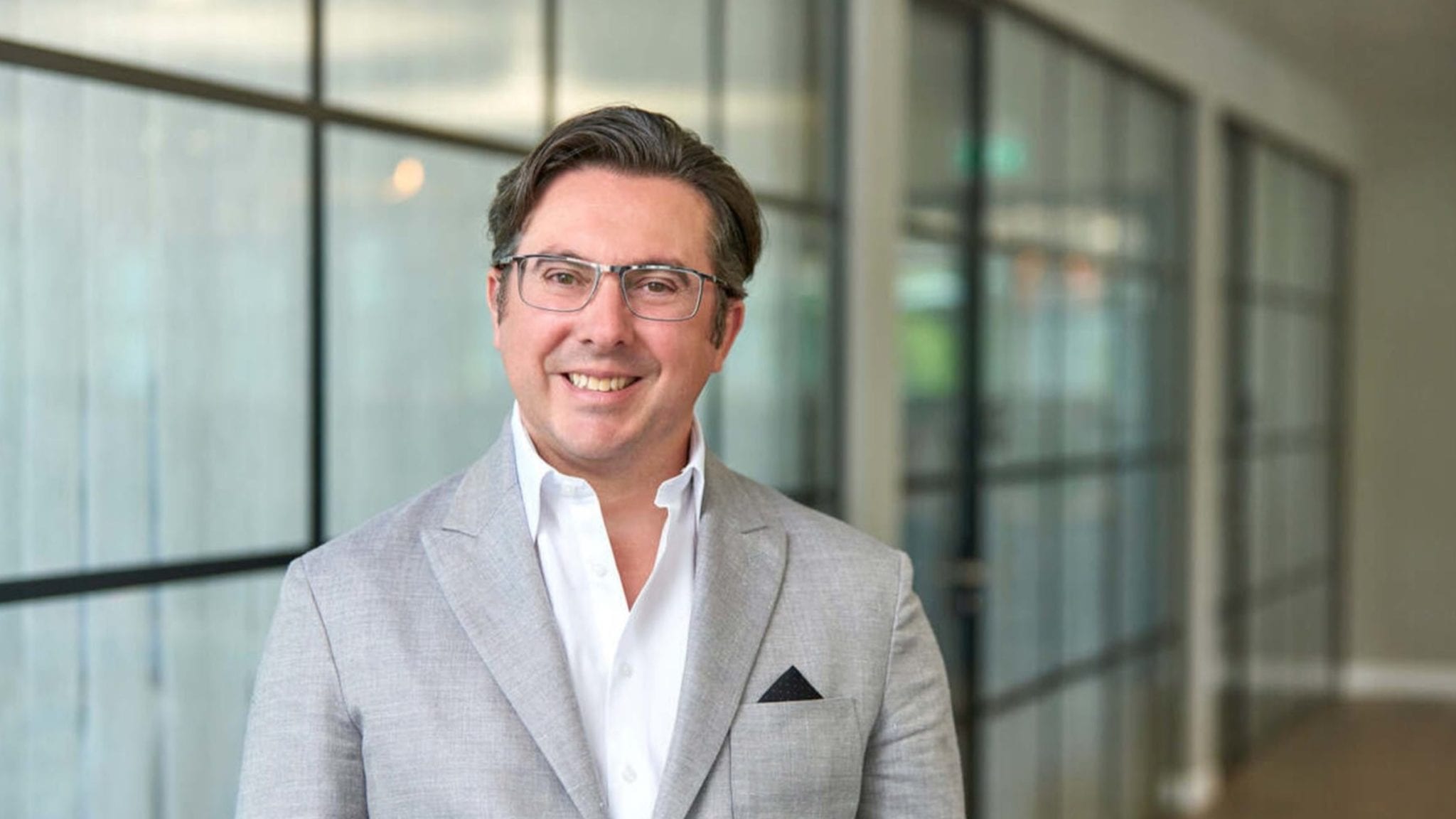
Andrew Hopkins, Exscientia founder and CEO (Exscientia)
After years of partnerships, AI biotech Exscientia lands first major financing round at $60M
After years racking up partnerships with biotechs and Big Pharma, the AI drug developer Exscientia has landed its first large financing round.
The UK-based company …
Sign up to read this article for free.
Get free access to a limited number of articles, plus choose newsletters to get straight to your inbox.